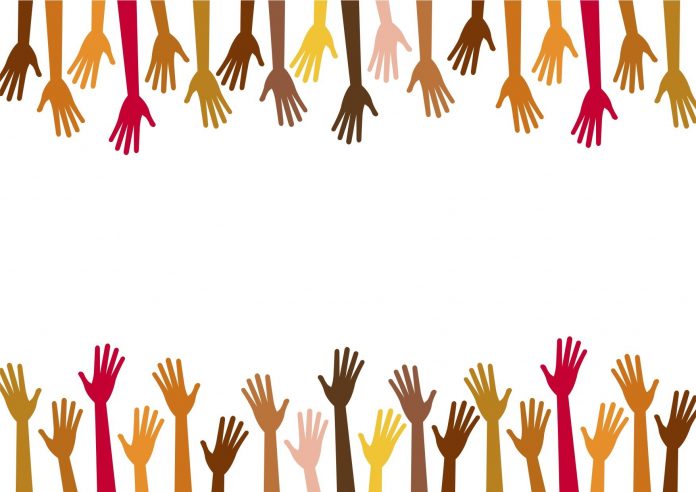The Victorian Aboriginal Child Care Agency (VACCA) and the Centre for Excellence in Child and Family Welfare (the Centre) have recently announced a grant of more than half a million dollars to co-design a new approach to supporting young Aboriginal mothers raise their babies and infants at home.
The three-year, ‘Growing Up Aboriginal Babies at Home’ project will commence in October 2020 and will be delivered by VACCA in partnership with the University of Melbourne’s Department of Social Work.
Reportedly, Aboriginal children are significantly over-represented in out-of-home care (OoHC) in Victoria.
Figures show that about 1 in 18 (18,000) Aboriginal and Torres Strait Islander children were in OoHC in Australia at 30 June 2019, more than 10 times the rate of non-Indigenous children.
This is an issue that the VACCA CEO, Adjunct Professor Muriel Bamblett says she is determined to address: “This funding will enable us to achieve better outcomes for Aboriginal families in Victoria, with the broader goal of reducing the likelihood of Aboriginal newborns and infants entering out-of-home care. We must do better.”
According to the Centre’s CEO, Deb Tsorbaris, the fundamental right of self-determination for Aboriginal communities means that VACCA is well-placed to deliver this project alongside Aboriginal communities.
“All children and young people should grow up in safe, stable home environments, connected to family, community and culture.
“Through this project, VACCA will work alongside Aboriginal women and families to help them make decisions about the safety and wellbeing of their children.”
Project aims
The ‘Growing Up Aboriginal Babies at Home’ project will:
- Work with young Aboriginal women (and their partners) who are identified as at risk of their baby being place in out-of-home care or, if removal has already occurred, seek reunification with their baby.
- Support the women to meet their infants’ needs and keep them safe.
- Use Aboriginal-defined measures of success and culturally appropriate data collection.
About the grant
The funding grant is awarded by members of the OoHC Philanthropic Funders Network (the Network), a group facilitated by the Centre with an interest in improving the outcomes of children and young people at risk of entering, or with an experience of, OoHC.









